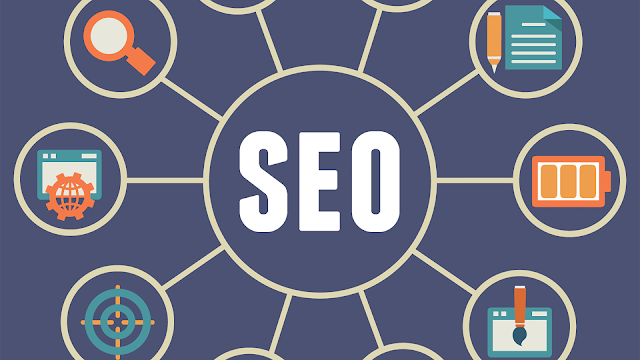"Search Engine Optimization" (SEO) and "Search Engine Marketing" (SEM) are two ways, which may really help you to accelerate the flow of web traffic into your site. Basically, search engine optimization is one of the parts of search engine marketing. SEM would also incorporate the aspects of advertising and paid inclusion into your site.
Search Engine Marketing and Search Engine Optimization differentiate two of the most important parts of website promotion, which are as mentioned below.
SEO: SEO is Search Engine Optimization and the practice you use in getting your pages to place well on search engine results. SEM is Search Engine Marketing and encompasses purchasing advertising space on search engine result pages. Sponsored listings are SEM. Both are associated to each other. While using Google Ad words, the better you optimize your pages for search, the less you shall be paying for your chosen keywords in the PPC campaign and the better placement your ads shall get.
Search Engine Optimization (SEO): It is essentially a factor of Search Engine Marketing (SEM). SEO is the work of promoting a website for Natural or Organic search engine listings. SEO plays an important role in a search engine marketing campaign.
Search engine marketing (SEM): It is a procedure of marketing a website through Internet search engines; whether by improving rank in natural or organic listings, paid or sponsored listings or a mixture thereof.
A complete search engine marketing campaign is inclusive of the tasks mentioned below:
• Search Engine Optimization (SEO)
• Directory Submission Management
• ROI and performance monitoring and reporting
• Search Engine Submission Management
• Pay-for-placement management (includes pay-per-click)
• Paid inclusion and trusted feed programs
• Link popularity / reputation development
Therefore, do not be confused by the Search Engine Marketing with Search Engine Optimization. Now you know the difference between SEO & SEM well, it is not as difficult as it seemed initially. Finally, Search engine optimization is just one of the parts of search engine marketing.








